Surviving the Great White North
New Documentary ‘Arctic Defenders’ Tells the Tale of Inuit Families’ Forced Relocation—And How They Made the Most of it
To most Canadians, the High Arctic is a place shrouded in mystery.
Home to Inuit communities spread far across the icy landscapes in one of the harshest environments on Earth, filmmaker John Walker aims to enlighten Canadian audiences by re-introducing them to Canada’s “true north,” and the people who have mastered living in it.
Presented by Cinema Politica and in collaboration with RIDM, Walker’s new documentary Arctic Defenders delves into the origins of High Arctic communities from the Inuit point of view, giving them a voice on issues long suppressed by the Canadian government.
The film was produced by Alethea Arnaquq-Baril at Unikkaat Studios, with colleague Oo Aqpik acting as Walker’s partner in research and interviewer and translator for the film. Aqpik also works for the government of Nunavut in Ottawa.
“It’s a collaboration with the Inuit, all the voices and people speaking in the film are Inuit,” said Walker. “It was a great honour for me and a real eye-opener.”
Walker, a Montreal native, was captivated by northern culture as a child when his father brought home an authentic Inuit carving of an Inuk and a polar bear, caught in a struggle for survival.
In school growing up, Walker also saw the National Film Board of Canada’s educational films on “Eskimos” (which, as revealed in the documentary, is a Cree term for “raw meat-eater,” and not a correct term for the Inuit, much like “Indian” is to “Native American.”)
The documentary shows a few clips from one such NFB film, called Our Northern Citizen which is, as Walker explains, cringe-worthy in its misrepresentations and racist undertones.
“Those early government films had ‘governmentality,’ very much from the government point of view of the 1950s, which was quite imperialist at the time,” Walker said.
Shipped to the Moon
In Arctic Defenders, Inuit families tell the stories of how they or their parents were among the 87 victims of Canada’s sovereignty agenda in the 1950s, forcibly relocated from Inukjak, QC to the High Arctic in what the government had said was an attempt to help them to continue living as subsistence hunters.
Others, like Walker, believe the true purpose of the relocation was to establish the Canadian government’s supremacy over the land during the Cold War.
“They were shipped up there into the High Arctic to act as human flagpoles for Canada’s sovereignty,” Walker said.
The documentary tells how Inuit communities in Quebec were broken up and families were literally “dumped on the beach” with no supplies or shelter in the High Arctic, and no way to go back home.
Inuit featured in the film describe the experience as being imprisoned in the Arctic, saying it was like “landing on the moon.”
A number of years after his first excursion into Resolute Bay, Walker says he learned of this shady government activity and realized the Inuit he had met weren’t in the High Arctic by choice at all.
“I didn’t know at the time they had been shipped up there from Quebec, 1,500 miles north. When I discovered that many years later, that really shook my naïveté,” Walker said.
“I wanted to look into that story in more detail [to find out] what happened.”
The Canadian government only recently officially apologized to the Inuit for the forced relocation, but new problems have arisen since the initial wrongdoing—for instance, the sky-high cost of living, supplies and travel.
Walker describes how proper infrastructure still has yet to be built in the High Arctic, such as legitimate wharves for supply barges to anchor and unload.
Only dangerous harbours in the thick of high tides exist, and sometimes boats can’t even unload all their cargo safely, resulting in supply shortages for the winter.
“The Arctic has been left with very primitive conditions because Canada has not invested a penny in infrastructure,” said Walker. “Canada’s very, very cheap when it comes to the Arctic.
“[The Inuit] were forced to live up there […] and yet there’s no compensation for cost of living up there, to this day,” he added.
“[The Inuit] have completely turned around the rules of the game in the North.” —John Walker, director
The Strength of the Inuit
Even in the face of a barren landscape and an indifferent federal government, the Inuit have made great strides culturally and politically, which Walker was sure to highlight in the film. The story of the Inuit’s decades-long endeavour to create the northwestern territory of Nunavut is told from the perspective of the major players of the movement, such as Tagak Curley.
“[Audiences] have no idea about the negative side of the Canadian government’s sovereignty exploits on the one hand,” said Walker. “But on the other hand, they’re not aware of, nor was I, of the positive aspect of how the Inuit have responded to Canadian imperialism in the North, reclaiming their territory and the creation of Nunavut—they’ve completely turned around the rules of the game in the North.
“That’s a very positive and inspiring story,” he continued. “All it takes is individuals with vision to mobilize and to get people together […] and make positive change. That’s another story that Canadians have not been aware of.”
The film has been shown at sold-out screenings across Canada, and Walker says the comment he hears most is that people “had no idea” of the rollercoaster history of the Inuit in the North, and has even been told that “every Canadian should see this film.”
Walker himself says he learned a lot while shooting the film, and was shown first-hand the consequences of “southern arrogance” by not respecting the great power of the land in the North after a three-story iceberg shelf broke off and nearly crashed into the film crew’s boat.
Walker had been shooting closer to the icebergs just minutes prior, before the Inuit boat driver steered them away.
“I was about to say, ‘No, stay close!’ and that’s when it crashed down. We were very, very fortunate,” Walker said.
“I used that sequence in the film because I was warned to be careful, and it’s southern arrogance that we have; we don’t listen, so I used myself as an example,” he continued.
“If we don’t listen to [the] Inuit, their knowledge and awareness of the environment in the North, then we are risking our own peril.”
Arctic Defenders // Nov. 18 // D.B. Clarke Theatre (1455 de Maisonneuve Blvd. W.) // 7 p.m. // Free admission (donations accepted) // Director John Walker will be in attendance for a Q&A following screening

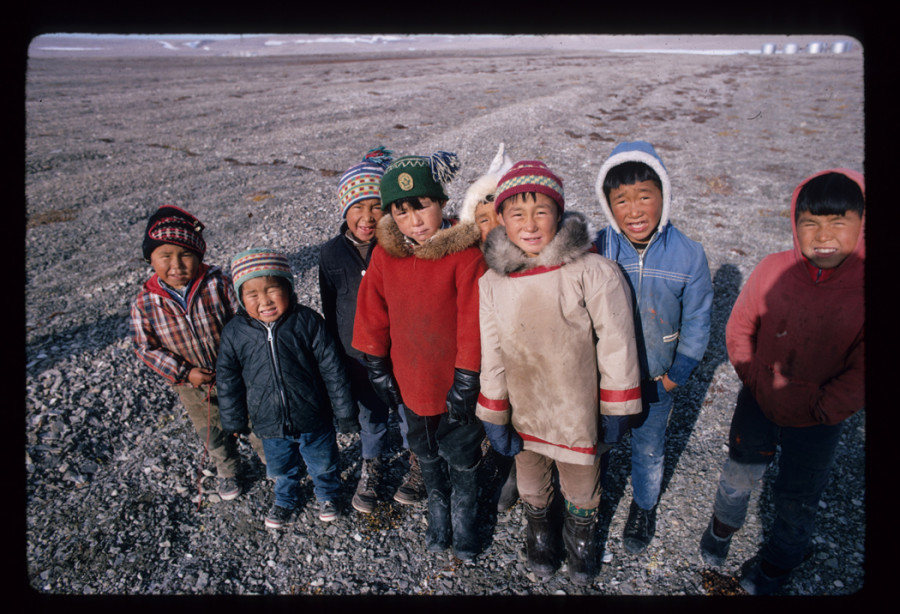
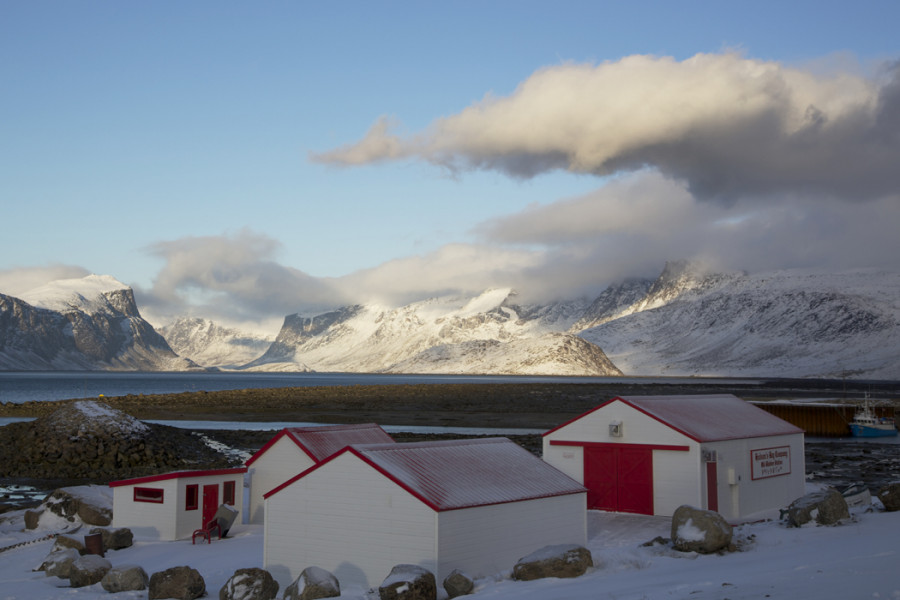


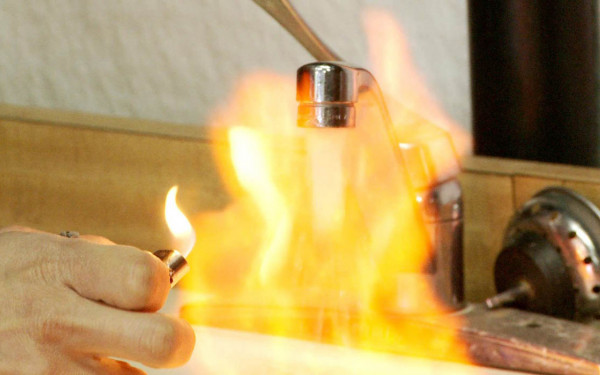
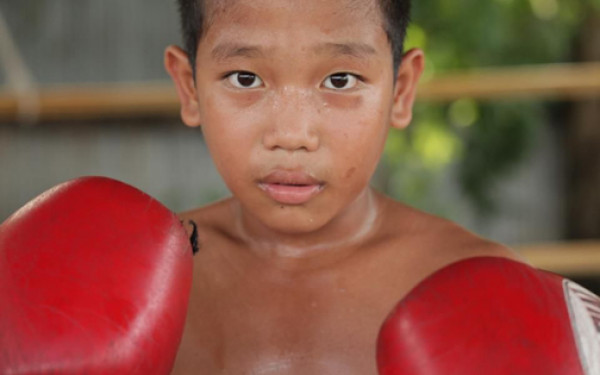
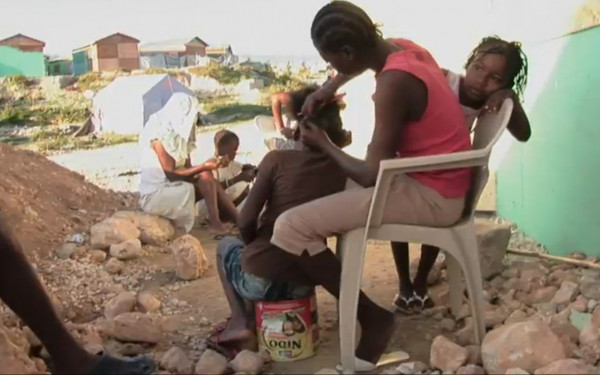
ED1(WEB)_600_375_90_s_c1.jpg)